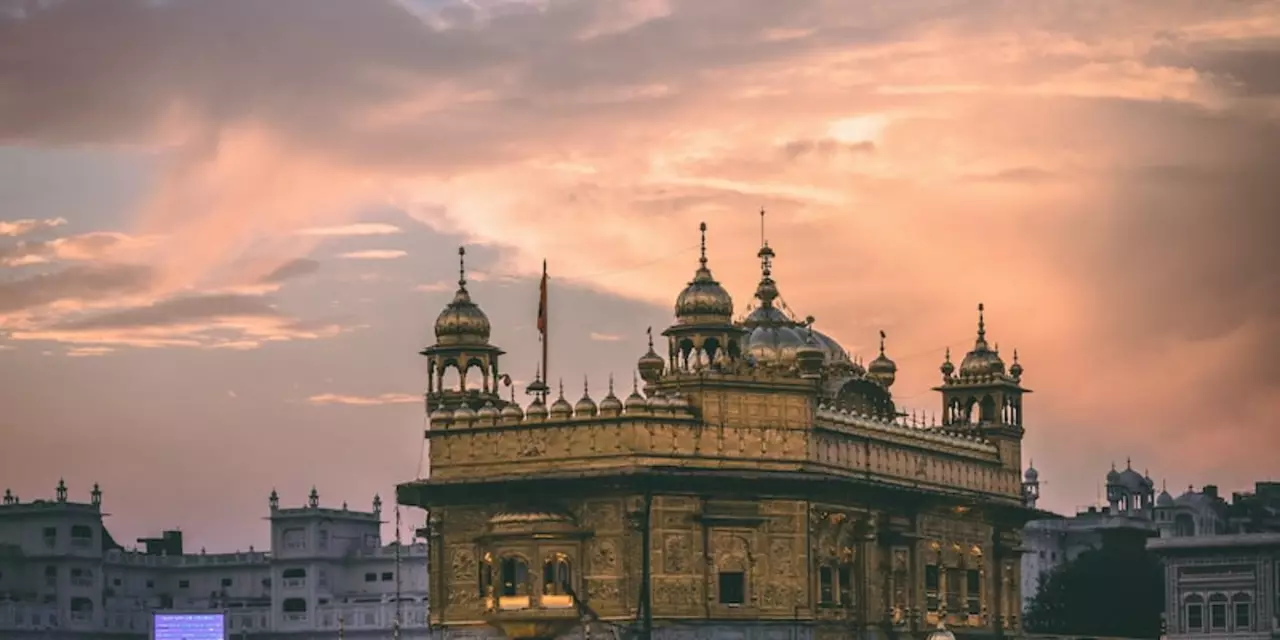It's no secret that many people around the world harbor feelings of hatred and discrimination towards India and Indians. This is particularly true in countries such as the United States, the United Kingdom, Australia, and Canada, where there is a sizeable Indian diaspora. But why do so many people hate India and Indians?
In many cases, it is simply a result of ignorance and misunderstanding. Many people simply don't know much about India or Indians, and so they form negative opinions based on stereotypes and misinformation. For example, some people view Indians as "outsiders" who don't belong in the country they live in, while others may view them as being "untrustworthy" or "uneducated".
In addition, some people may be hostile towards India and Indians because they view them as a source of competition in the job market. For instance, some people may perceive that Indians are taking jobs away from them, or that Indian companies are taking business away from local businesses. This can lead to animosity and hostility towards Indians.
Finally, some people may view India and Indians in a negative light due to their religious or cultural beliefs. For example, some people may see India and Indians as being backward or primitive. This can lead to feelings of superiority or prejudice towards India and Indians.
Overall, it is clear that there is a significant amount of hatred and discrimination towards India and Indians in many parts of the world. By understanding the root causes of this prejudice, we can work to combat it and create a more tolerant and accepting society.
The past few years have seen an unprecedented rise in anti-India and anti-Indian sentiment across the world. This can be attributed to a wide range of factors, ranging from a growing awareness of India's colonial past to a perceived lack of economic opportunities in the country. In this blog, we will explore some of the reasons behind this growing trend.
First and foremost, it is important to understand the legacy of India's colonial past. India was colonized by the British for more than two centuries, and the impact of this era is still felt in the country today. Many Indians feel that the country is still living in the shadow of its colonial past, and this has led to a sense of alienation and a growing resentment towards the former colonizers.
Another factor behind the growing anti-India and anti-Indian sentiment is the perception that India is an economically unfair country. Despite its rapid economic growth in recent years, there is still a wide gap between the wealthy and the poor in India, and many people feel that this gap is widening. This has led to a growing sense of frustration and anger, which has in turn led to a rise in anti-India sentiment.
Finally, the rise of Hindu nationalism in India has led to a sense of unease among many people in the country and around the world. The Hindu right-wing has been accused of promoting a narrow-minded and exclusionary version of Hinduism, and this has led to a rise in anti-India sentiment among non-Hindus.
In conclusion, there are a variety of reasons behind the growing anti-India and anti-Indian sentiment. From India's colonial legacy to the rise of Hindu nationalism, these factors have all contributed to the growing sense of frustration and anger towards the country. It is important for people to understand the underlying causes of this sentiment so that they can work towards creating a more inclusive and equitable society.
